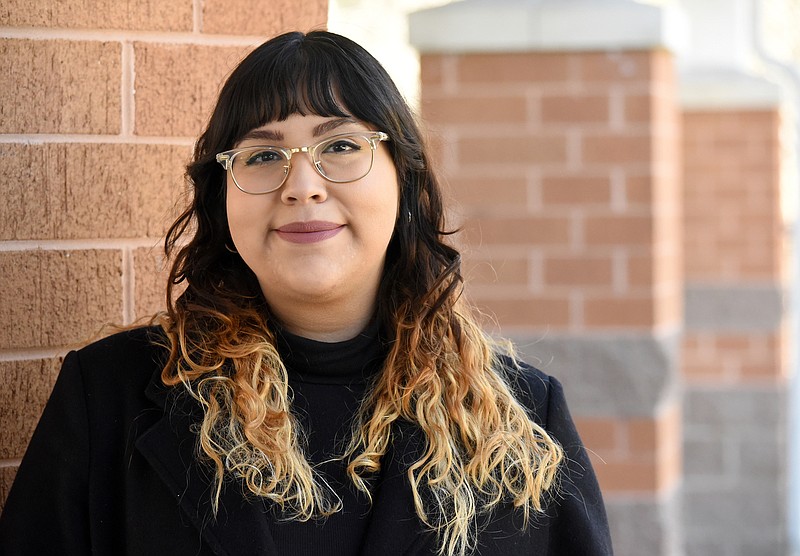As a high schooler faced with the daunting task of applying for colleges, Damary Gutierrez Hernandez quickly realized she had two options.
"Considering my status," Gutierrez Hernandez said, "it was either go private or just not go."
Gutierrez Hernandez is one of an estimated 21,000 "Dreamers" in Georgia, so named for Congressional legislation that did not pass known as Development, Relief and Education for Alien Minors or the DREAM Act.
Former President Barack Obama put in place some aspects of the act with his Deferred Action for Childhood Arrivals program, or DACA, which generally allows people brought to the U.S. without authorization as young children to live and work without being deported, if they submit to background checks.
Dalton is home for Gutierrez Hernandez. It's the only place she's known after her parents picked up the family in Zacatecas, Mexico, and moved to Georgia. Gutierrez Hernandez's two younger siblings were born in Georgia.
Dreamers in Georgia are offered the same benefits in the public school system as any other Georgia student through 12th grade.
However, those same people are required to pay out-of-state tuition when they go to college, which can be up to three times as high as in-state tuition.
Rep. Kasey Carpenter, R-Dalton, has introduced a bill that would allow DACA recipients to be eligible for in-state tuition at some Georgia colleges and universities.
Carpenter introduced similar legislation last year but it stalled in a Senate committee. The House Higher Education Subcommittee chairman did not move the bill forward last March as the fate of the DACA program was in flux.
In June 2020, a U.S. Supreme Court ruling saved the program after finding then-President Donald Trump's administration illegally rescinded it in 2017.
This time, Carpenter believes he has the votes to get it to the House floor and hopes it will get a vote there.
Carpenter said the reason he introduced the bill is twofold: one is a fairness issue and the other a workforce services issue.
"I consider these kids Georgians because they've been here and this is home for them," Carpenter said. "These are kids I've coached in football, went to church with, I see them at my restaurant, they are my customers and members of our communities. The other side of it is we want to keep our high achievers in our state."
According to Carpenter's proposed bill, only students under the age of 30 who have been in the country since they were 12 years old and graduated from a Georgia high school would be eligible. Students who received a Georgia general education diploma would also be eligible.
Georgia's four research institutions - Augusta University, the University of Georgia, Georgia Tech and Georgia State University - would not be included in the legislation.
Gutierrez Hernandez currently studies statistical science with a concentration in data science with a minor in mathematics. She was the salutatorian in her graduating class in 2017 and received a full-ride scholarship to Duke University. Because of her exceptional record as a high school student, she didn't have to decide whether to pay high in-state tuition prices, but many DACA recipients would benefit from Carpenter's bill.
Not every high school student has the support going through school as Gutierrez Hernandez had, she said. She was one of the fortunate ones.
"I had a lot of teachers that helped me throughout high school, and that's why my grades were the way they were," she said. "Not everyone has that same amount of support. You shouldn't have to be exceptional to have access to an affordable college education."
Gutierrez Hernandez said there is a real possibility that if she didn't get a scholarship to a private university - something that's rare in and of itself - the next option would be to get a job out of high school to make enough money to afford out-of-state tuition.
"Of course I would eventually think about going back to school, but that's not the usual trajectory," she said.
Carpenter's bill would make life after high school much easier for thousands of Georgians if it passes and could keep those people in the state, working jobs that will boost the economy, he said.
Contact Patrick Filbin at pfilbin@timesfreepress.com or 423-757-6476. Follow him on Twitter @PatrickFilbin.
